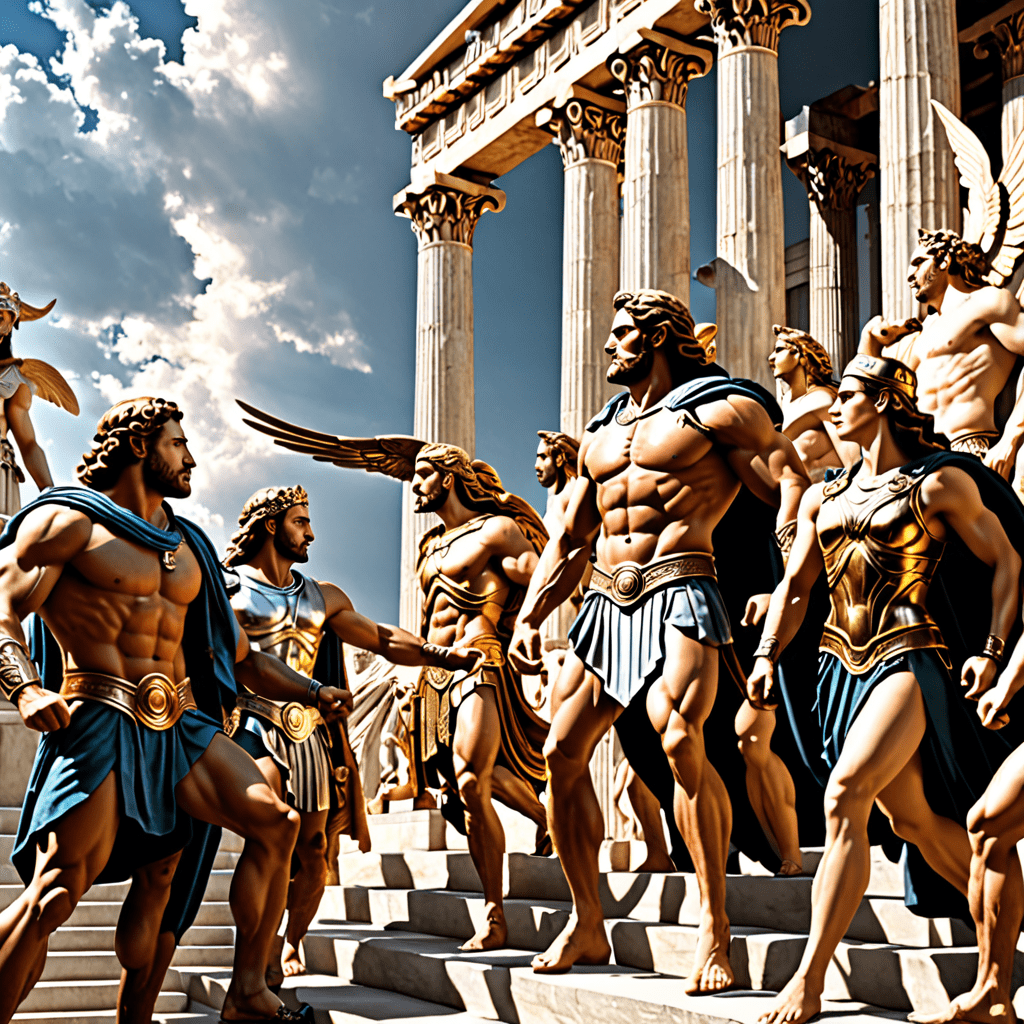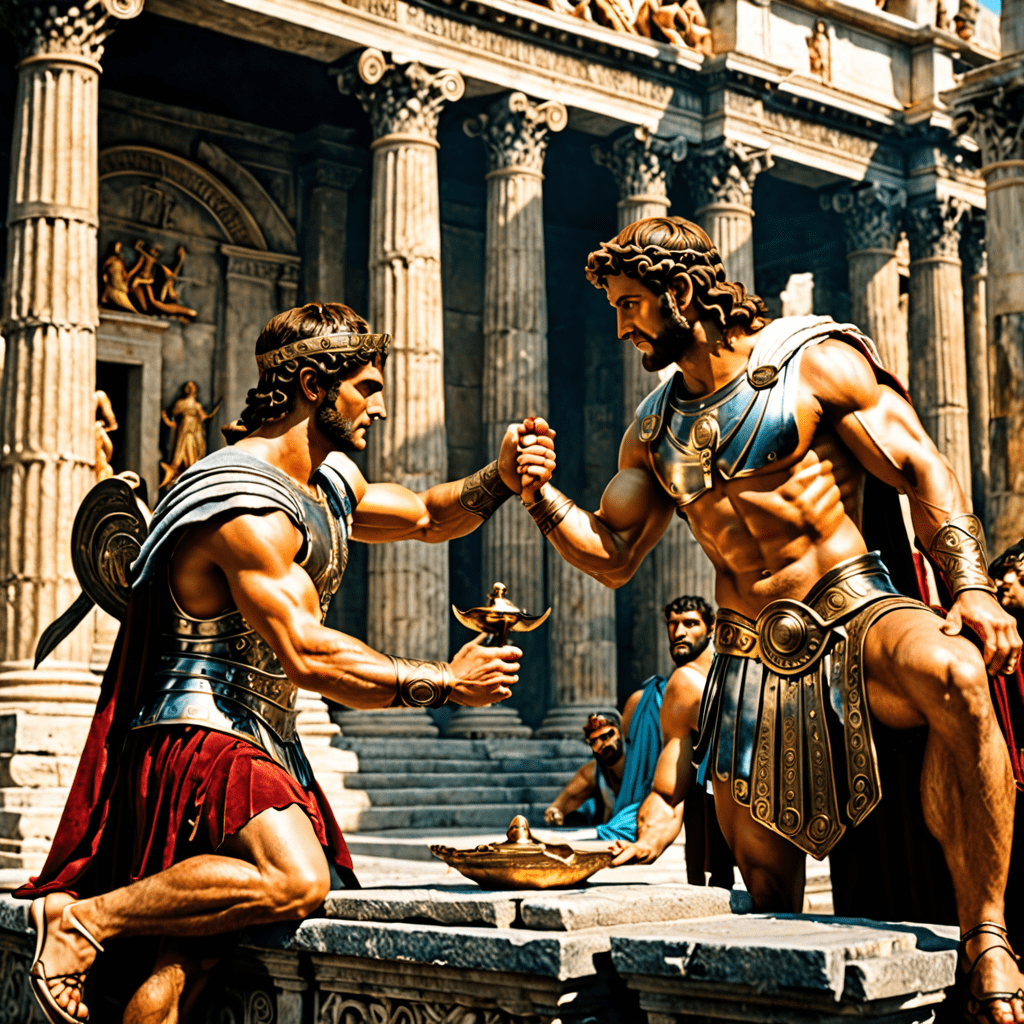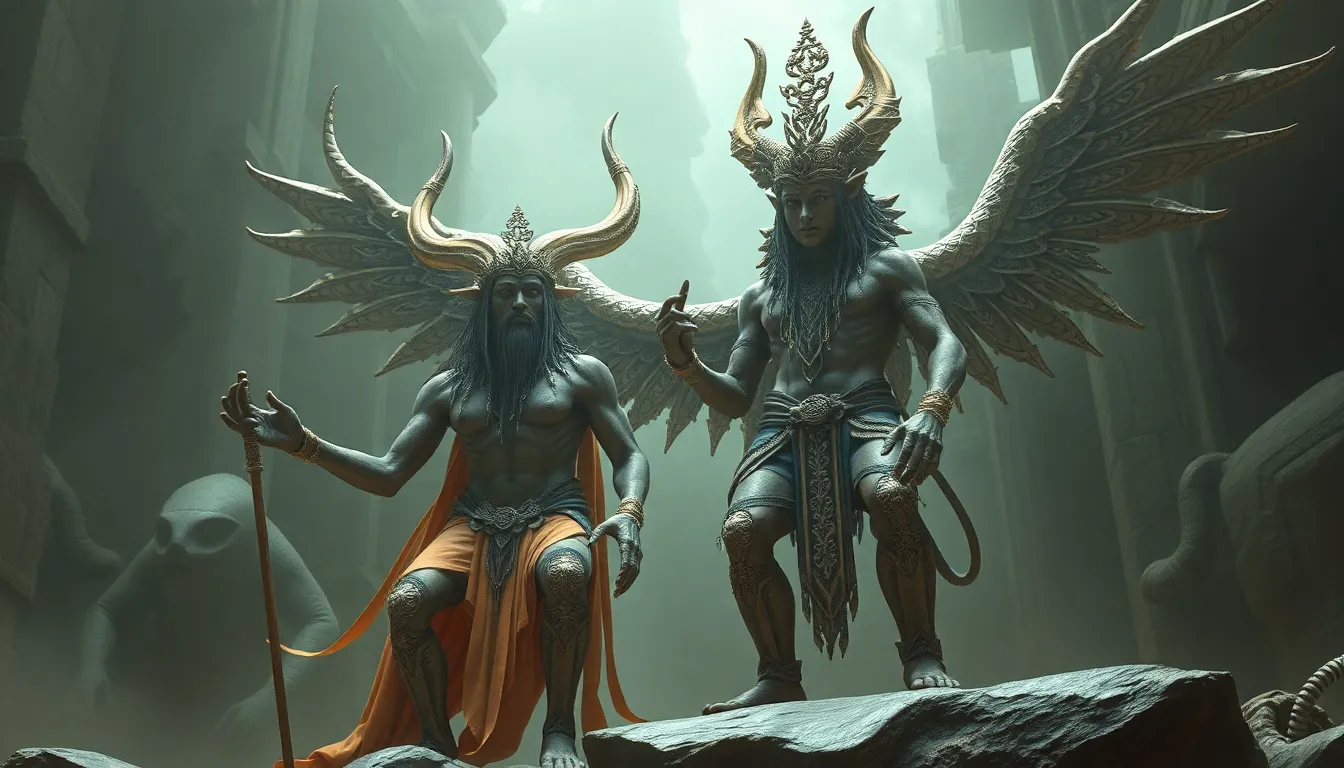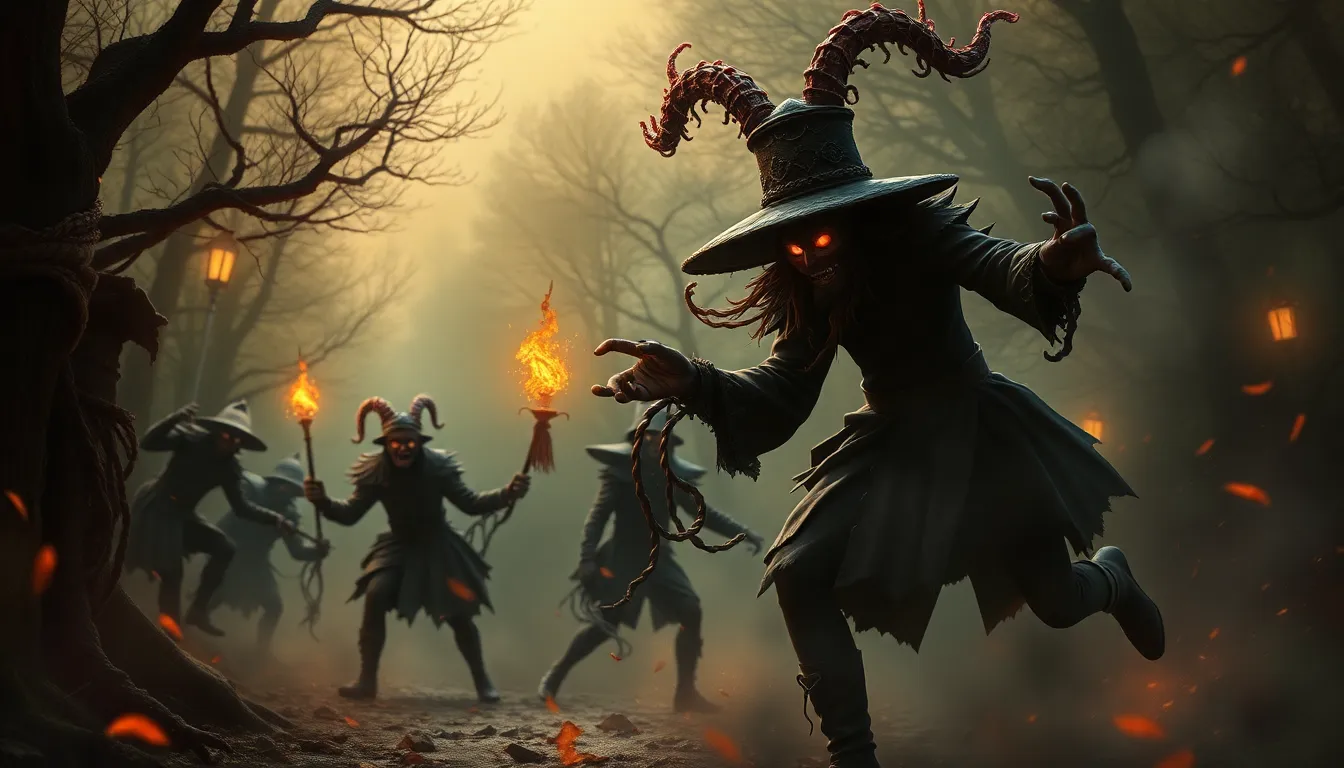The Representation of Heroes in Greek Mythology
In Greek mythology, heroes hold a significant role as characters who embody courage, strength, and virtues. Dive into the captivating world of Greek heroes and explore their representation in ancient tales.
What Defines a Hero in Greek Mythology?
In Greek mythology, heroes are typically demigods or mortals bestowed with exceptional abilities by the gods. They exhibit bravery, resilience, and exceptional skills in combat or other areas. Greek heroes are often on quest-like adventures facing formidable challenges or overcoming daunting trials to achieve glory or fulfill a noble quest.
The Archetypes of Greek Heroes
Greek heroes are often classified into different archetypes, each representing specific qualities or actions. Some common hero archetypes include the Saviour Hero (e.g., Heracles), the Tragic Hero (e.g., Achilles), the Noble Hero (e.g., Perseus), and the Anti-Hero (e.g., Odysseus). Each archetype showcases distinct characteristics that contribute to the rich tapestry of Greek mythology.
Symbolism and Legacy of Greek Heroes
Greek heroes often serve as embodiments of cultural ideals and values, reflecting the society’s beliefs and aspirations. Their stories symbolize aspects of human nature, morality, and the eternal struggle between good and evil. Heroes like Theseus, Jason, and Perseus leave behind a legacy that inspires courage, honor, and the relentless pursuit of greatness.
In conclusion, the representation of heroes in Greek mythology transcends mere characters in old tales—they embody everlasting virtues, demonstrate impactful symbolism, and shape the moral compass of societies through their enduring legacy.
What are the key characteristics of heroes in Greek Mythology?
Heroes in Greek Mythology are depicted as individuals with extraordinary abilities or qualities. They often undertake epic quests, display bravery and courage, and possess a close relationship with the gods.
Who are some famous Greek Mythology heroes?
Popular Greek Mythology heroes include Heracles (Hercules), Achilles, Perseus, Odysseus, and Theseus. Each of these heroes is known for their impressive deeds and journeys.
How do heroes in Greek Mythology differ from modern-day heroes?
While modern-day heroes are often portrayed as ordinary individuals who rise to the occasion, Greek Mythology heroes are usually demigods or possess supernatural abilities. Additionally, Greek heroes are often intertwined with gods and fate in ways that modern heroes typically are not.



